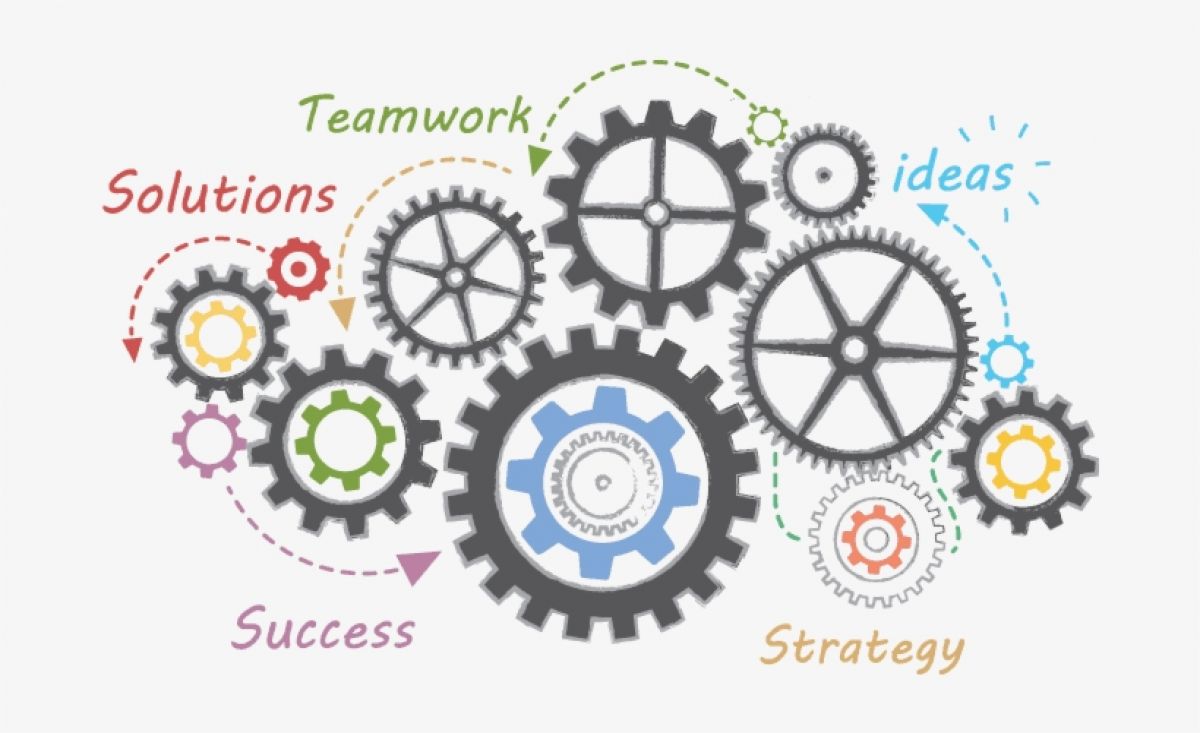Lean Farming: Non-Utilized Talent

Unlocking Human Potential in Lean Farming
Lean farming aims to reduce waste and improve efficiency. Yet, many farms overlook a critical resource: their people. Underusing the team’s skills, creativity, and problem-solving capability creates hidden waste. This waste of human potential undermines lean principles.
In cannabis cultivation, non-utilized talent often hides in plain sight. Grow technicians may have deep insights into plant stress signs, but aren’t asked for input. Trimmers might spot patterns in bud quality that could improve yields, yet their observations go ignored. Maintenance staff may know how to prevent recurring equipment failures, but their ideas stay unheard. When these voices are excluded, valuable knowledge remains trapped, and opportunities for improvement are lost.
When farms ignore employee input, valuable knowledge stays untapped. Reworking issues becomes common, adding more waste to operations. Problems arise when you create an environment that rewards compliance over creativity and solutions. This stifles innovation and discourages initiative. Ignoring staff ideas causes morale and productivity to plummet. In addition, high turnover of employees is costly and disrupts workflow.

To combat this, listen to your team!
Put trust in and encourage your team members to identify problems and suggest improvements. Cross-training staff builds flexibility and resilience. It also helps uncover hidden talents and boosts engagement.
Empowered employees solve problems faster. They also contribute to continuous improvement and long-term success. Lean farming must include people as a core asset. Their insights drive smarter, more sustainable operations.
How Do I Utilize My Team’s Talent?
Start by asking questions. Encourage feedback. Recognize contributions. These actions unlock your team’s full potential. Lean Farming is not just about tools and processes. It’s about people. Use their strengths to grow your farm’s future. Here are a few simple changes you can make on a daily basis:
1. Daily Stand-Up Meetings
Hold short, structured meetings where all departments share observations and ideas. This encourages open communication and surfaces hidden insights from frontline staff.
2. Suggestion Box with Follow-Up
Install a physical or digital suggestion box. Review submissions weekly and implement feasible ideas. Publicly recognize contributors to build trust.
3. Cross-Training Programs
Train trimmers in basic cultivation tasks and vice versa. This reveals hidden skills, increases flexibility, and improves team collaboration.

4. Employee-Led Improvement Teams
Form small groups to tackle recurring issues like pest management or trimming bottlenecks. Empower them to test and implement solutions.
5. Skill Inventory Surveys
Conduct surveys to identify employees’ past experience, hobbies, or certifications. Use this data to assign tasks that match their strengths.
6. Open Problem-Solving Sessions
Host monthly forums where staff can present problems and brainstorm solutions. Encourage participation from all levels, not just management.
7. Mentorship and Shadowing
Pair newer employees with experienced staff. This builds relationships and transfers knowledge that might otherwise remain siloed.
8. Recognition Programs
Reward creative problem-solving and initiative. Highlight stories where employee ideas led to measurable improvements in yield or efficiency.
9. Feedback-Driven SOP Updates
Invite staff to review and revise standard operating procedures. This ensures processes reflect real-world conditions and frontline expertise.
10. Exit Interviews with Action Plans
Use exit interviews to uncover overlooked talent and frustrations. Create action plans to prevent future loss of valuable contributors.